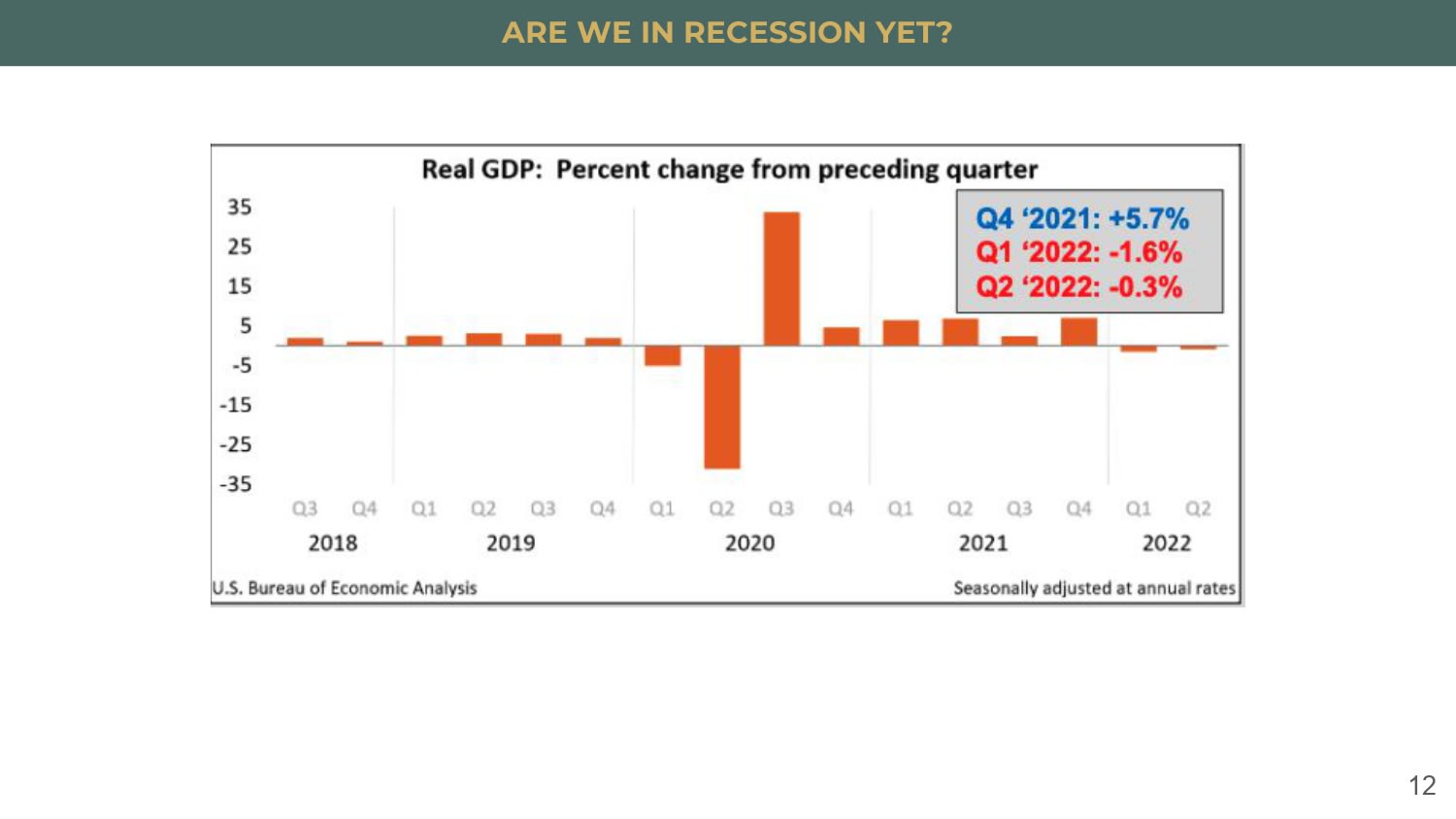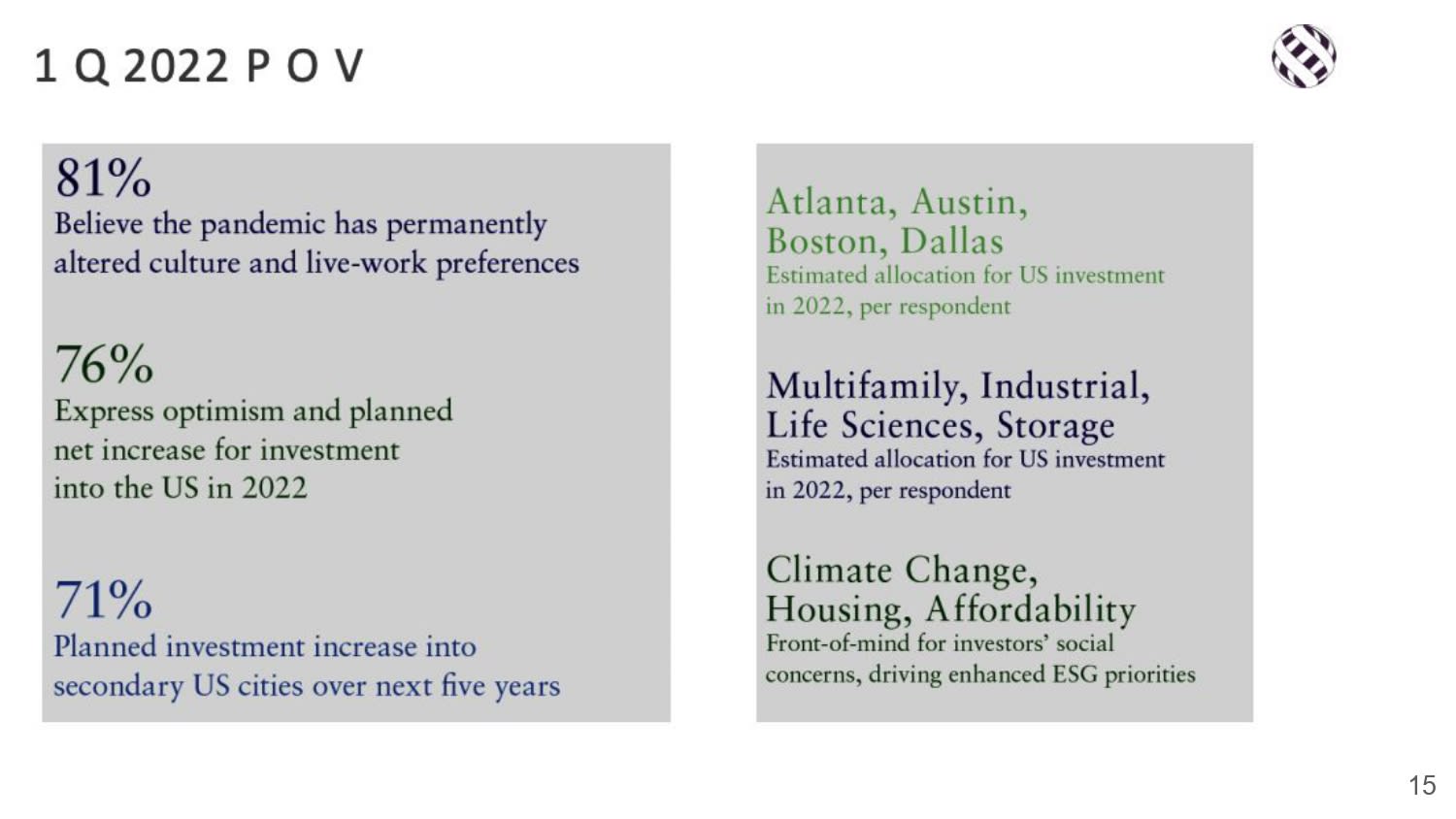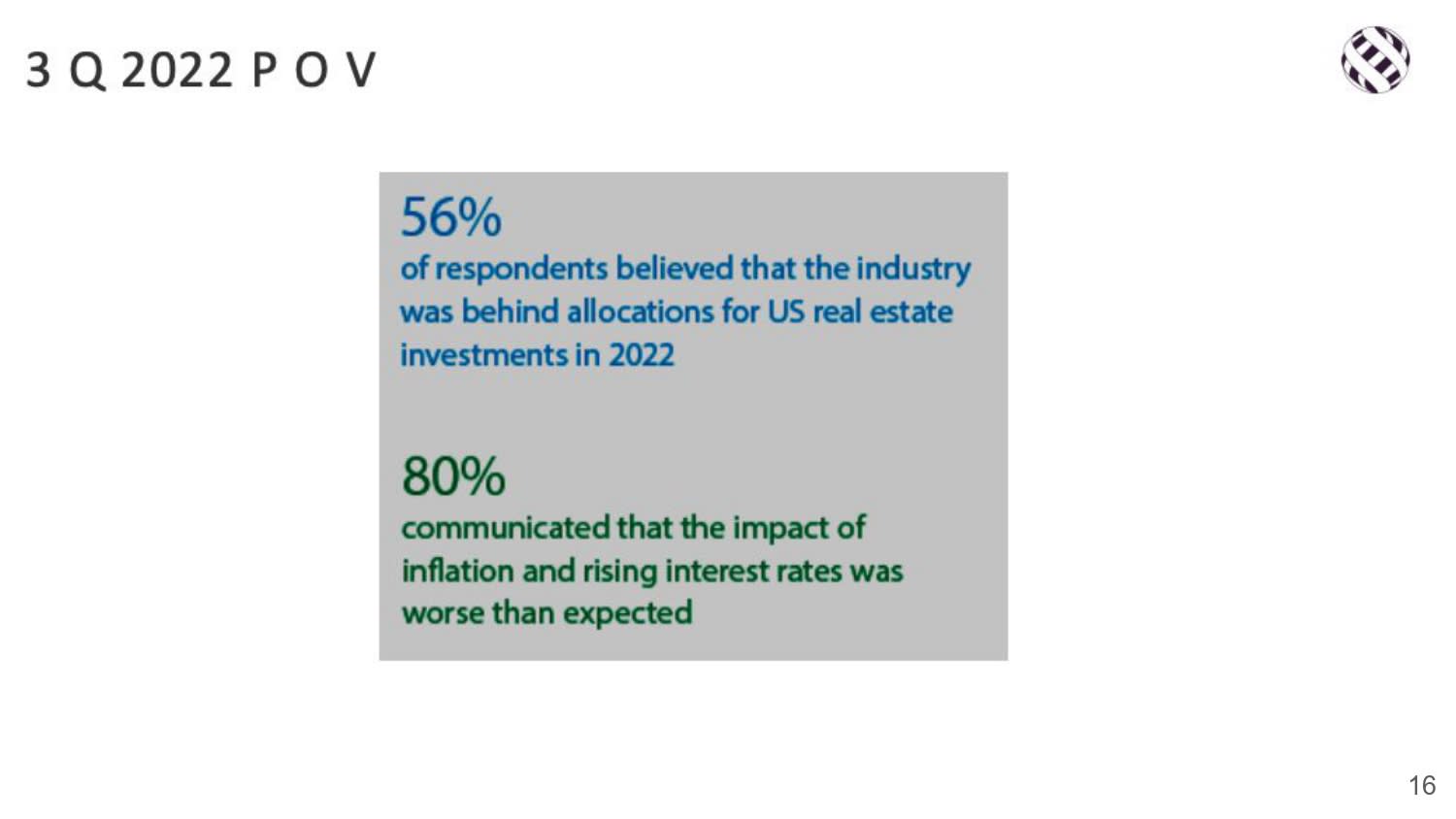How Global Economy Affect U.S. Real Estate Market 2023


Welcome to our October 2022 Global Market Update! We have a lot of questions these days, and the biggest topic is inflation. So how did it happen, and this is what I think about also during my leisure time. This is only from my own perspective. I just want to let everybody know that this is from my own perspective. This is what I think has been happening I always like to learn from others and also listen to other people but I also want to come up with kind of my own theory as well and see if it really matches with some other people. So, I don't know if you will agree with me or not but now you can see my train of thoughts here.
In 2020, because of COVID, we obviously printed a lot of money when you have a lot of money, the money supply will increase. I think at that time a lot of people already said that hey, if we keep doing this we're going to have inflation but either way at that time we have to give a lot of stimulus packages out, so definitely a lot of money being printed and then also people have been saving so much cash in hand.
Now, at that time also they want to stimulate the economy, so they reduce the Fed rate to almost 0%. All of a sudden, we thought we are in this slump and as soon as the market opens up a little bit, people start investing and buying because you can actually borrow at a super low mortgage rate as example and I mentioned before we have gotten a 2.25% 30 years fixed rate for our house. You've never heard of that and I know right now if those people who are getting over 6%, I'm sorry, but we bought it long time ago so we saw the opportunity that the mortgage rated has gone down so we refinanced right away.
Also because of COVID, many countries shut down manufacturing facilities, especially China, as you know, we import a lot of products from China, so we had supply chain issues due to labor shortages and also manufactures being shut down.
When you don't have a lot of products obviously, it drives up the cost as well, and on top of that because of labor shortage, then what happens, well these companies still need to run their business, and they are really trying to look for people to work for them so now the wage increase.
And then, of course, earlier this year now we have a Ukraine war. With the Ukraine war with Russia, now, we have this limited oil supply and that has caused our gas prices gone up dramatically. I mean, we saw $7 per gallon here in California a couple of weeks ago. It had come down a little bit but now it's definitely $6, which is very common here.
On top of that, we have a drought issue. Agriculture has an impact that has also caused some supply chain issues which caused food prices to go up.
So, all these factors really have led to these high inflation rates. With this high inflation rate, what does that mean? How come the Fed has been really trying to slow it down but then it seems like the inflation rate is still not slowing down fast enough?
One of the reasons is that they can't really take back the money that they have already given to us or to the economy and they can't really increase the supplies because most of our imports from China still have the zero COVID policy, so the market is still pretty shut down and on top of that Ukraine-Russia war is still a big problem that is causing the oil price to go up. So, this is one of the reasons why the inflation rate is still pretty high, it's taking longer than expected to come down.
The Fed's plan has been, to fight this inflation, to increase the Fed rate. If they increase the Fed rate, they figure the increased interest rate, then they will reduce all these investment incentives, that's why housing market most people do need a mortgage, then less people want to buy, then the housing price is not going to go up as much.
They increase the oil supply by Releasing Strategic Petroleum Reserve which is temporary so that is how they are trying to control the gas prices to bring it down by opening up our own oil supply in the United States, but again this Reserve is just TEMPORARY, it's not going to be long lasting. So, once they finish, I believe at least by end of this month, our gas prices probably will be going back up.
Another way is they really need to increase the unemployment rate so the wages would decrease, if they have a way to do then you will have to instill some fear into the economy, into consumers so that they are afraid to consume so that the businesses can't make as much money in that sense that they're not going to hire as many people, so then they will have more hopefully increasing the unemployment rate.
I just find this really interesting because compared to our last recession, the last recession truly was so uncontrollable that it just collapsed because of the mortgage crisis. But this time, it's like a Federal government inducing this recession and they really trying so hard to tell people how scary this is, nothing it is not going to be bad, I think it is going to be bad because this is the intention of really slowing down everything. But it's just kind of interesting how this recession comes about this time.
With all these thoughts in my head, last week I actually went to Chicago and attended our CCIM Annual Governance Meetings. The person that I listened to first was KC Conway. KC Conway is known for his really detailed economic updates and he is the chief Economist for CCIM Institute. After listening to him, I have to say I did feel pretty depressed because the economy from what he's saying does not look good. I'm going to pull out just a couple of slides for you guys to look at. So, here it goes:

The other person that I listened to - it was super interesting - his name is Gunnar Branson. Now, in terms of office vacancy, not only U.S. but pretty much globally everybody has their office vacancy increased. They really had changed quite a bit on how people go to work, not just in the United States but all over the world. Although U.S. has definitely increased more than the other, 18.9%, while Europe's only about 7.3% but either way is that the vacancy rate actually for Europe if you compare to 2010 is still lower than 2010 Q2 of their vacancy rate. While U.S., we had already surpassed our last Peak at 18.9%.

Time most of the allocation they were talking about Atlanta, Austin, Boston, and Dallas and then the most popular sectors, commercial real estate sectors are multi-family, industrial, life sciences, and storage. And it's pretty much similar across the board throughout the whole country including California. The biggest concern that everybody has is climate change, housing, and affordability.

And that's why whenever our clients ask us or anyone who asks us what do you think about next year, we try to learn as much as possible from listening to different economists and I try to do these monthly housing market update for you by doing a lot of research, putting together slides and putting together a lot of stats; but at the same time still especially the mortgage rates projections, I still see a huge increase from just a couple months ago and I'm going to show you at the end of this presentation.
What is the impact? They actually look at US-based investors and non-US-based investors meaning foreign investors and how they look at it right. There are three things that I want to point out.
Geopolitically conflicts in Europe and Asia will have increasing negative impact on global real estate investing. A 69% of the US-based investor agree and non-US-based investor 91%. In the world or in other countries, they actually believe that the geopolitical conflicts in Europe and Asia will have increased negative impact but then US-based only 69% of people agree that it's going to happen.
When we talk about the U.S. economy, whether the U.S. will enter a recession within the next year, US-based investors 92% of the people believe so. They believe that we're going to go into recession next year but only 67% of the foreign investors believe that we will enter a recession within the next year. So, that is a pretty big difference, this is 25% differences between a US-based investor versus non-US-based investors.
The last is that any future U.S. recession will be less severe than that experienced in the 1970s, that's 72% U.S.-based investors agree and 74% non-U.S.-based investors agree which is just very small differences.
It is kind of important to note this that Gunnar Branson had mentioned, it is not that U.S. is doing great, it is because that the whole global economy is not doing that great; but in comparison, U.S. market just seems to be doing better than theirs. So, it's almost kind of like he used this really funny real estate analogy is that you basically try to buy or invest in the best house on the worst block.
Even though it is still a really bad house, but it's better than most of the houses over there. This is kind of like how foreign investors are looking into the U.S. market although as you know U.S. currency have been really strong, so it's actually more expensive for the foreign investors to come in and buy U.S. real estate or U.S. products.
There is a shift in expectations. The Gateway cities will maintain their preferred status for Real Estate Investments over the next 10 years, actually 61% of the surveys investor they do agree. Gateway cities, San Francisco, is considered one of the Gateway cities.
Secondary U.S. cities will replace Gateway cities for priority real estate investments. Earlier we have mentioned that a lot of people think that they're going to be investing more in the secondary U.S. cities, but now in this survey, it actually says that 51% of the people do not agree that secondary U.S. cities will replace Gateway cities for priority real estate investment over the next 10 years.
So, markets like New York, Boston, San Francisco, still they are the Gateway cities and they're still maintaining that preferred status for foreign investors to invest.
What are the opportunities? There's limited amount of high-quality real estate investments available in the U.S. So those that move first will have the opportunity to get invested and then those with strong balance sheets will be able to lever up and act offensively during any Market dislocation. I think this is kind of like so we don't want to over leverage, we always want to have a strong balance sheet even personally not talking just a company but even as ourselves personally we should always have a very strong balance sheet, have some cash in hand instead of like using up all the cash in different type of Investments.
Then in terms of the threats, this is one thing I have been worried about is that the major resetting of cap rates and erosions of value if interest rates stay higher for longer. So, this is important because as you know commercial real estate is valued based on cap rates. If the cap rate goes up, the value comes down. So, buying a property at 4% cap rate versus buying a property at 7% cap rate that can erode a lot of value from the property especially for commercial real estate, typically you don't get a 30 years fixed rate, so you get about five years, seven years, ten years fixed and then you supposed to refinance right or else your loan is due, so in that sense that if your value has come down, you cannot refinance that could be an issue.
Now in terms of like the IMF, they said that they do have a forecast for the global inflation. In 2022, the inflation rate is going to be 8.8%; 2023, it is going to be a little bit better 6.5%; and 2024, 4.1%. Again, this is the projections, as I mentioned, we see a lot of projections all the time and they do change, but this is really good reference point as well just so that you can really plan for your future how to invest and also how do you see the market.
Finally, I have nine takeaways:
Stay up to date on the latest real estate trends.


And what to check before upgrading your internet plan


HAYLEN, an Asian-owned, people-first real estate firm, selected to steward real estate process for J-Sei Home’s next chapter


You’ve got questions and we can’t wait to answer them.